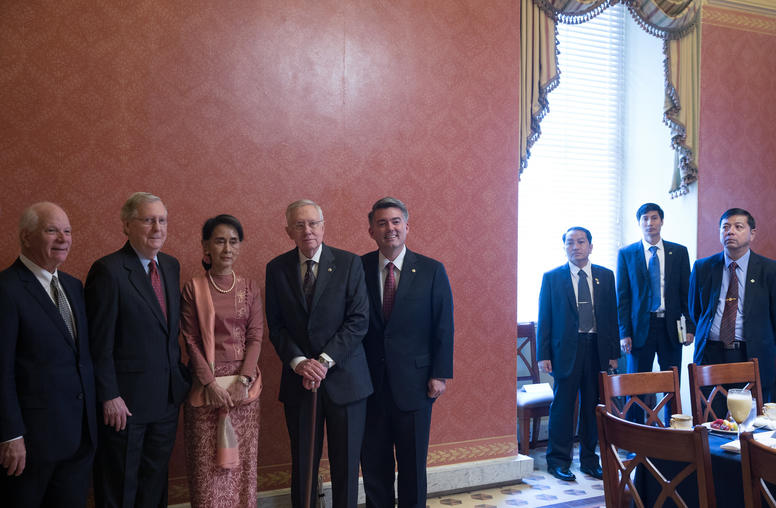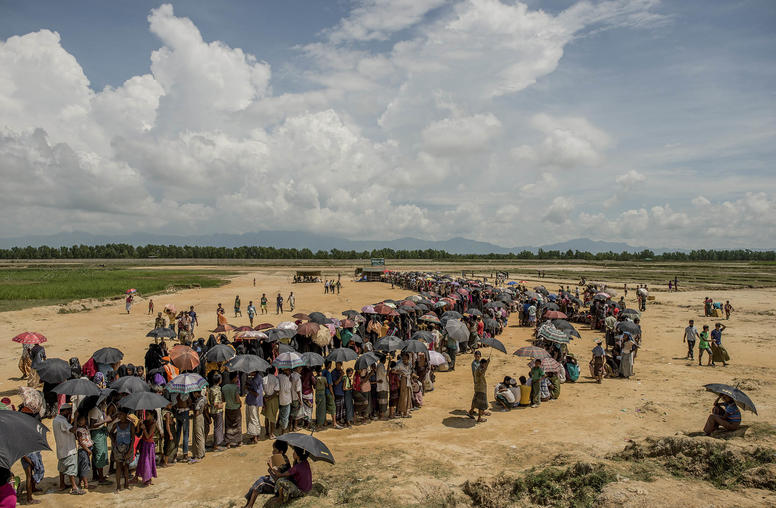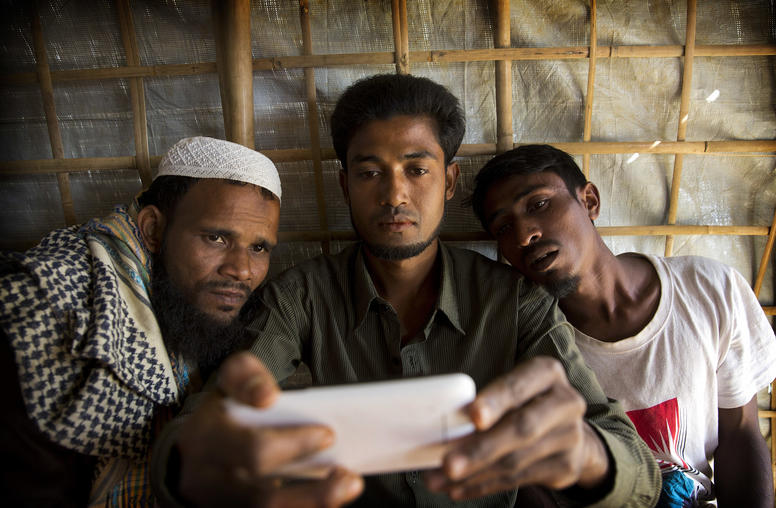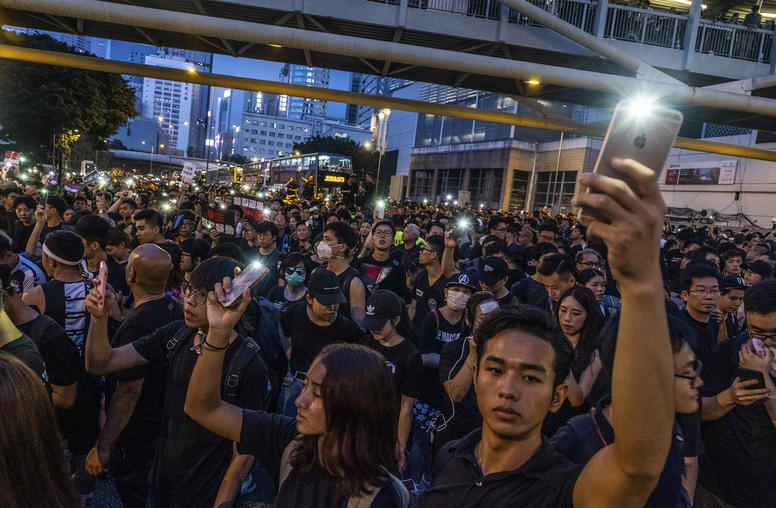Publications
Articles, publications, books, tools and multimedia features from the U.S. Institute of Peace provide the latest news, analysis, research findings, practitioner guides and reports, all related to the conflict zones and issues that are at the center of the Institute’s work to prevent and reduce violent conflict.

American Leadership in the Asia Pacific, Part 3: Promoting Democracy, Human Rights, and the Rule of Law
Derek Mitchell, senior advisor to USIP's Asia Center, testimony before the Senate Foreign Relations Subcommittee on East Asia, the Pacific, and International Cybersecurity Policy

Thomas Sheehy on Vice President Kamala Harris’ Visit to Africa
Vice President Kamala Harris’ trip to Ghana, Zambia and Tanzania is further indication that “the U.S. is finally waking up” to opportunities in Africa, says USIP’s Thomas Sheehy. “Africans want choices, they don’t want to be dependent just on Chinese investment … they want the U.S. engaged.”

Tajikistan’s Peace Process: The Role of Track 2 Diplomacy and Lessons for Afghanistan
The peace process that ended the Tajik civil war in the late 1990s successfully combined both official and civic channels of communication and negotiation from its start. This report argues that although the agreement and its implementation were far from perfect, the Tajik experience contains valuable lessons on power-sharing arrangements, reconciliation, reintegration, and demobilization for the architects of future peace processes, and provides important insights into the shortcomings of the 2018–21 peace process in neighboring Afghanistan.

Ambassador William Taylor on Ukraine’s Spring Offensive
While reporting and leaked files indicate that a Ukrainian offensive to expel Russian troops is in the works, USIP’s Ambassador William Taylor says Ukraine still has the element of surprise: “Everyone knows that there’s this counteroffensive coming … what they don’t know is where.”

Conflict Dynamics between Bangladeshi Host Communities and Rohingya Refugees
In August 2017, several hundred thousand Rohingya fled violence and persecution in Myanmar, seeking refuge in Cox’s Bazar in neighboring Bangladesh. In the years since, the Bangladeshi government has provided a safe haven for the refugees. Yet there are signs of increasing discontent in the Bangladeshi host community over insecurity, economic costs, and other negative effects of the refugee camps. As this report explains, addressing this potentially combustible situation will be vital to ensuring a sustainable humanitarian effort in Cox’s Bazar.

Dean Cheng on U.S.-China Tensions Over Taiwan
With both U.S.-China and Taiwan-China relations at low points, the United States needs to maintain unity among its multilateral partnerships, says USIP’s Dean Cheng: “China loves to play bilateral games … because 1.3 billion people in the second largest economy gives them a lot of power and influence.”

La acción no violenta en la era del autoritarismo digital: Dificultades e innovaciones
A fines de la década de 2000 y principios de 2010, los movimientos de acción no violenta utilizaron las redes sociales y otras herramientas digitales para organizar levantamientos a favor de la democracia que tomaron por sorpresa a los regímenes. Esos eufóricos comienzos han dado paso a la represión digital, las restricciones de libertades en línea y el retroceso democrático a medida que los regímenes autoritarios aprovechan las nuevas tecnologías para vigilar a la oposición y sembrar desinformación. Este informe documenta cómo los activistas no violentos se están adaptando a la represión digital y sugiere formas en que los Estados Unidos y sus aliados pueden ralentizar el ritmo de la innovación autocrática en el uso de estas tecnologías.

Autoritarismo digital y acción no violenta: Desafiando la contrarrevolución digital
Las campañas de acción no violenta son una de las maneras más comunes en la que los ciudadanos buscan cambiar de forma pacífica los sistemas políticos indiferentes. Sin embargo, las tecnologías recién desarrolladas y emergentes están transformando la naturaleza de las interacciones entre los activistas y los Gobiernos autoritarios. En este informe, se analiza el conjunto cada vez más sofisticado de herramientas, como el reconocimiento facial y la vigilancia de las plataformas de redes sociales, que los regímenes autoritarios utilizan para reprimir los movimientos no violentos, y se ofrecen recomendaciones sobre cómo los formuladores de políticas y activistas pueden desarrollar estrategias creativas para derrotar al autoritarismo digital.

Susan Stigant on the U.S. Response to the Fighting in Sudan
As the Sudanese military and Rapid Support Forces continue fighting, the United States needs to avoid getting “caught in the trap that we’re trying to choose one [side] over the other. At the end of the day, there’s a third voice here, and that’s civilians and the Sudanese people,” says USIP’s Susan Stigant.

Andrew Wells-Dang on U.S.-Vietnam Relations 48 Years After the War
While U.S.-Vietnam relations have progressed remarkably since the end of the Vietnam War, “we talk about reconciliation as a long-term process … so even though we’re now almost 50 years into the post-war period, that reconciliation process isn’t complete yet,” says USIP’s Andrew Wells-Dang.